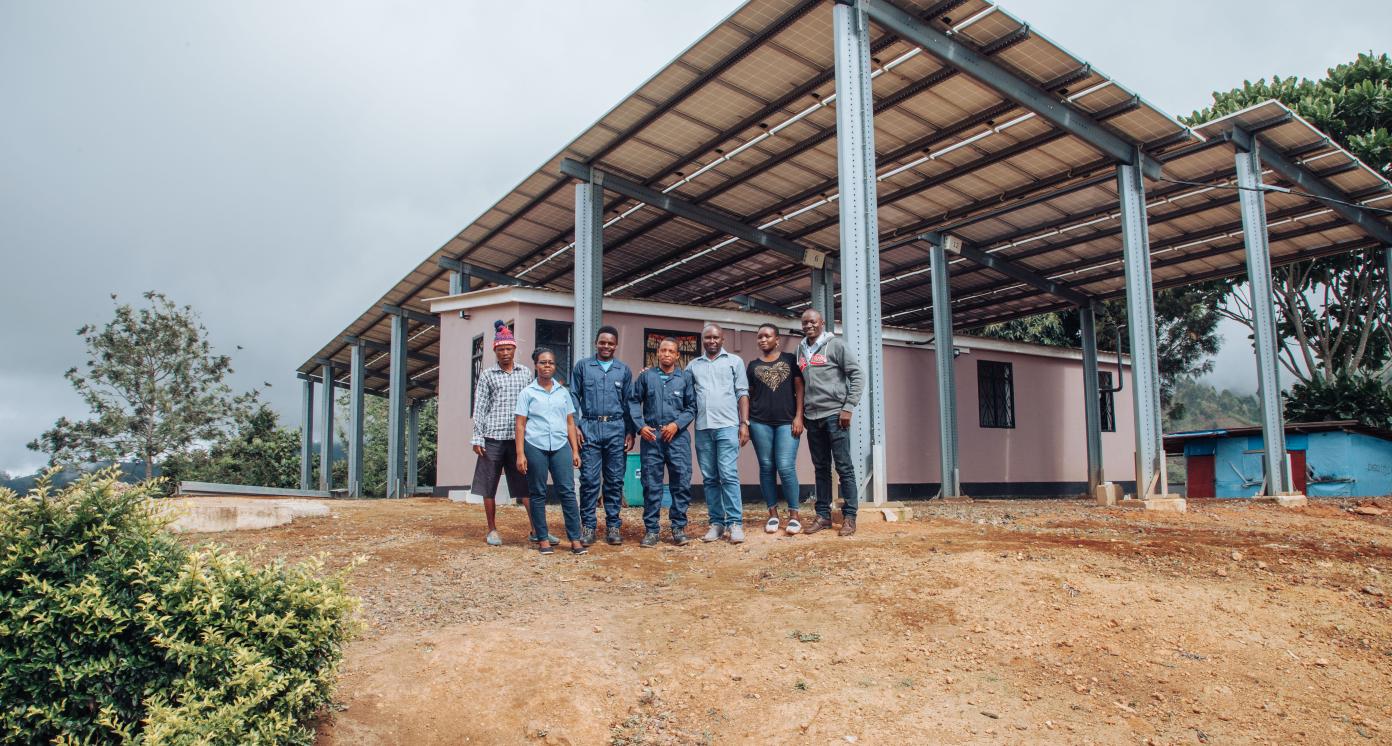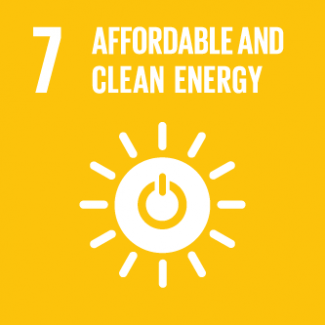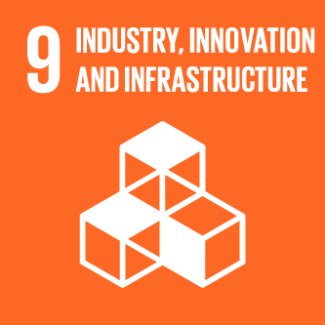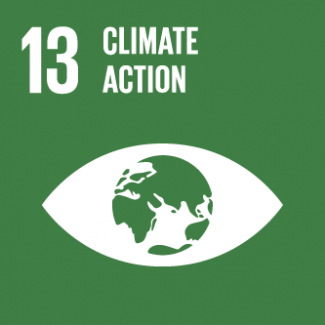1 out of 10 people in the world lacks access to electricity. Energy poverty is widespread in Africa, especially in rural areas, with circa 600 million people not having access to electricity in 2021. In Tanzania, close to 38 million people do not have access to electricity, which is 60% of the total population. Electricity generation depends largely on natural gas. Hydro power and other renewable energy sources contribute less than 1% of the total power generation. Over 80% of all primary energy use at the household level comes from biomass in Tanzania.
Ensol contributes to bringing energy and electricity to people in rural areas. The company’s two major avenues for business are: (i) Public market, by participating in public tenders. Project executed in this manner include community water pumping, solar street lighting and electrification of health clinics and schools; (ii) Private market, including private businesses, industries, and residential houses. The main service provided for this market is commercial and industrial (C&I) or rooftop solar system. So far, Ensol has deployed a total of 616K watt peak of rooftop solar panel systems for small industries, hospitals and petrol stations. Ensol’s clients include clinics, schools, businesses and industries. 70% of the company’s revenue comes from the deployment of solar streetlights in different municipalities.
Most of Ensol’s solutions are deployed in off-grid areas targeting vulnerable population. Its impact includes 3,000 kW peak of solar energy systems installed to electrify health, education, water, agriculture facilities and business in Tanzania; 256 households, businesses and clinics electrified in Mpale village (Korogwe, Tanga), equalling to 48 kW peak of solar energy, through a commissioning solar minigrid project in 2007; and thousands of people in rural areas given access to clean drinking water through community water pumping projects.
In the coming years, Ensol plans to expand its portfolio and is looking at emerging markets in the e-mobility and C&I segments. For the e-mobility segment, an estimated 2 million taxi bike or Bodaboda riders in Tanzania make an average daily income of TZS 15,000 (USD 6.5) per day, equivalent to daily revenues of TZS 30 billion (USD 13 million). Ensol is looking to raise USD 1,500,000 for the e-mobility segment, including the deployment of 25 battery charging stations and 1,000 electric bikes in a period of one year. The company is also looking for USD 2,600,000 for C&I investment to deploy systems in engineering, procurement and construction and lease-to-own models.
Ensol is the finalist of UNDP’s 2022 Growth Stage Impact Ventures (GSIV) in Tanzania, in the Renewable Resources and Alternative Energy sector. The GSIV takes the Tanzania SDG Investor Map one step further by identifying through a highly competitive process enterprises in Tanzania that have developed at-scale products and services that contribute to the SDGs while achieving commercial success and are committed to embed impact considerations into decision-making. By showcasing and supporting these ventures, UNDP aims to bring forward evidence of the existence of pipelines of investable ventures that can advance the transition to SDG-aligned investment in Tanzania.



















